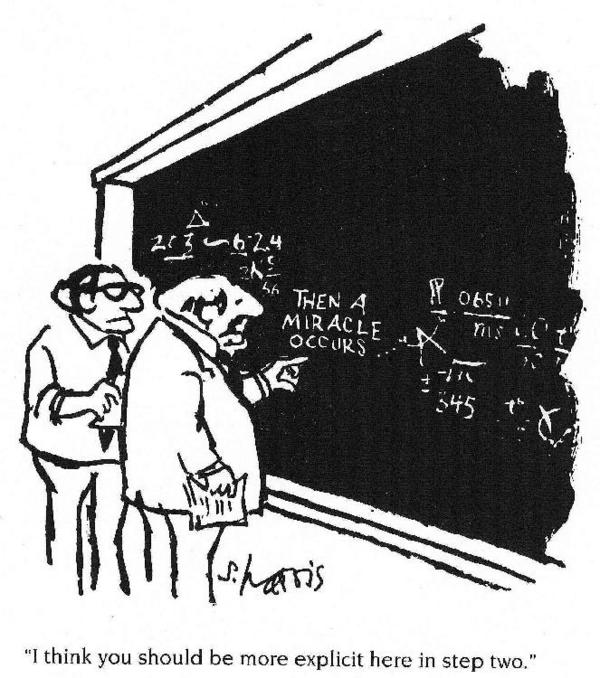- We’re in the midst of a jobs crisis, and rapid advances in AI and other technologies may be one culprit. How can we get better at sharing the wealth that technology creates?
- Lipson’s vision of the future is one in which machines and software possess abilities that were unthinkable until recently. But he has begun worrying about something else that would have been unimaginable to him a few years ago. Could the rapid advances in automation and digital technology provoke social upheaval by eliminating the livelihoods of many people, even as they produce great wealth for others?
“More and more computer-guided automation is creeping into everything from manufacturing to decision making,” says Lipson. In the last two years alone, he says, the development of so-called deep learning has triggered a revolution in artificial intelligence, and 3-D printing has begun to change industrial production processes. “For a long time the common understanding was that technology was destroying jobs but also creating new and better ones,” says Lipson. “Now the evidence is that technology is destroying jobs and indeed creating new and better ones but also fewer ones. It is something we as technologists need to start thinking about.”
Check it out. Here's every article like this that has ever been written, that is being written, that will ever be written in a nutshell: So let's take this ball and run with it somewhere between Huxley and Orwell without asking anyone who might know. The jobs that have suffered since the Golden Age of Capitalism have one or more of the following aspects: (1) they can be easily offshored, where someone under a different economic regime can do it for a fraction of the price (2) they can be easily automated, where a computer or robot can accomplish the same task for less (3) they can be deferred, where the task or function need not be accomplished on a steady basis That's programming, call centers, construction and lots of menial labor. It's a segment of the market, just like industrialization took out a segment of the market. Yet somehow, these discussions always have 3d printing in them. Right. Driverless cars are going to put all the chauffeurs out of business. Did you know that it takes 116 people to field one UAV at a time? Did you know that it only takes 130 people to field the fucking USAF Thunderbirds? Flight hour to flight hour, remotely piloted vehicles in the armed forces consume three to four times the resources of conventional aircraft. At which point we go "well, since I don't understand the question, 'basic income' is clearly the answer." Not if you look at it very carefully, it isn't. So like every other discussion, this becomes a riff on "the sky is falling, the Jetsons will save us" without either statement being true.It is notoriously hard to determine the factors that go into job creation and earnings, and it is particularly difficult to isolate the specific impact of technology from that of, say, globalization, economic growth, access to education, and tax policies. But advances in technology offer one plausible, albeit partial, explanation for the decline of the middle class.
In his new book, Rise of the Robots: Technology and the Threat of a Jobless Future, Ford points to numerous examples of new technologies, such as driverless cars and 3-D printing, that he thinks will indeed eventually replace most workers. How then will we adapt to this “jobless future”?
Not that I like bitcoin, but there are some interesting applications of the blockchain technology that can allow for autonomous systems to exist financially independent from human institutions. Here is a developer discussing what an autonomous taxi service - among others - with no middle-men would look like at the Turing Festival in 2013
For those interested, Marshall Brain touched the subject in his (free) book/story Manna.
